Three years ago, my friend Diane called me in tears. Her youngest had just left for university, and she was standing in his emptied bedroom, feeling utterly unmoored. “Everyone keeps saying ‘congratulations’ like I’ve accomplished something wonderful,” she said. “But nobody acknowledges that I’m also losing something huge. Eighteen years of my life just… ended. And there’s no ritual for this. No ceremony. Just me, alone in an empty house, expected to be happy about it.”
That conversation haunted me. Our culture has elaborate rituals and gift traditions for the flashy life transitions—weddings, babies, milestone birthdays, retirement parties. But what about the quieter, more complex transitions that often have a profound impact on our identities and daily lives? The empty nest. The career pivot. The decision not to have children. The recovery from illness. The amicable but life-altering divorce. The move back to one’s hometown after decades away. These transformative moments often pass without cultural recognition, leaving people to navigate them without the benefit of community acknowledgment or supportive rituals.
As someone who thinks about gifting as a language of connection and recognition, I began to wonder: could thoughtfully created gift rituals help fill this gap? Could we develop meaningful ways to acknowledge these uncelebrated transitions, offering support and marking their significance even when Hallmark hasn’t created a card category for them?
For Diane, I created what I now think of as an “Empty Nest Recognition Box.” Inside were items acknowledging both her grief and new possibilities: a beautiful journal with a note encouraging her to document this transition period; seeds for her garden (something she’d always said she’d have more time for “someday”); a gift certificate for a photography class she’d mentioned wanting to take; and a carefully curated playlist of songs about endings and beginnings. Most importantly, I included a letter that explicitly acknowledged the complexity of what she was experiencing—that it was both an accomplishment and a loss, that feeling grief didn’t negate her pride in her children’s independence, that this transition deserved recognition and space.
When I delivered it to her door, she broke down again—but these were different tears. “You’re the first person who’s acknowledged that this is a real thing,” she said. “Not just something to get through or be happy about, but an actual life transition worthy of attention.”
That experience sparked what has become one of my most meaningful gift-giving practices: creating custom rituals and thoughtful presents for the life transitions that our culture tends to overlook. Over the past few years, I’ve developed approaches for acknowledging numerous “unmarked” transitions, from career reinventions to friendship evolutions to identity transformations that don’t fit neatly into social media announcement categories.
What I’ve discovered is that these uncelebrated transitions often have something in common: they’re complex, containing both gains and losses. They frequently involve identity shifts that are difficult to articulate. And they often happen within liminal spaces—those in-between periods where you’ve left one version of life behind but haven’t fully established the next. These characteristics make them harder to acknowledge with traditional gifts or pre-packaged sentiments, but also make meaningful recognition all the more valuable.
Take career transitions that don’t fit the traditional advancement narrative. When my cousin Sam left a prestigious but soul-crushing corporate law position to start a much lower-paying role at a non-profit, his decision was met with confusion rather than celebration. There was no promotion party, no congratulatory LinkedIn announcements—just concerned questions about whether he was having some sort of crisis.
Rather than joining the chorus of bewilderment, I created what I called a “Career Courage” gift to mark this significant life shift. It included a beautiful business card holder for his new role (signaling that this move deserved the same professional respect as any upward career move), a clock for his new office with a quote about measuring life in meaning rather than minutes, and a custom-bound collection of stories I’d gathered from people who’d made similar value-driven career pivots, sharing both their challenges and their moments of confirmation that they’d made the right choice.
“Everyone else treated my decision like something to be concerned about,” he told me later. “Your gift was the first thing that made me feel celebrated rather than questioned.”
The key insight here is that transitions often treated as problems to solve or phases to endure are actually profound moments of growth and change that deserve acknowledgment. When we create gift rituals for these unmarked life events, we’re saying: This matters. This is significant. You are seen in this transformation.
Another category of uncelebrated transitions involves shifts in family structure or identity that don’t match conventional milestones. When my friend Leila and her husband decided after years of consideration that they would not have children—a deliberate, thoughtful choice rather than a circumstance—they found themselves in a strange social limbo. There were no cards for “Congratulations on your deeply considered life choice.” No registry for “Starting the next chapter without children.”
After several conversations with Leila about their decision process, I created what we now jokingly call their “Non-Baby Shower Gift”—though the contents were genuinely meaningful. It included a beautiful journal with prompts for envisioning their future together, two plane tickets for a trip they’d been postponing “until the right time,” a tree to plant in their garden as a symbol of how they’d chosen to grow their life together, and a letter affirming the courage and self-knowledge required to make choices that don’t follow the expected script.
“It made our decision feel honored rather than ignored or pitied,” Leila told me. “Like our choice to shape our family this way was as worthy of celebration as any more traditional path.”
Health transitions represent another category often lacking in appropriate rituals. When my colleague Mark finished cancer treatment, he described feeling strangely adrift. “Everyone expects you to be simply elated, to just go back to normal life,” he explained. “Nobody talks about how disorienting it is to reenter regular life after spending months in survival mode, or how complicated the emotions are. You’re grateful, yes, but also changed in ways that are hard to articulate.”
For Mark, I created what I called a “Re-Entry Kit.” Rather than focusing solely on celebration, it acknowledged the complex reality of post-treatment life. It included a star map showing the night sky on the date of his final treatment, a membership to a nature reserve near his home (he’d mentioned how being outdoors had taken on new significance during recovery), a set of cards with gentle prompts for processing his experience when words failed, and a custom playlist divided into sections for different emotional states—songs for the hard days when fear returned, songs for celebrating small victories, songs for sitting with the complex emotions that came with survival.
“It’s the only gift that acknowledged I was still in a transition, not simply ‘back to normal,’” he said. “That permission to still be in process rather than neatly recovered was incredibly freeing.”
What makes these custom gift rituals powerful isn’t their material value but their recognizing function. They say: I see this significant shift you’re experiencing. I acknowledge its complexity. I honor both what you’re gaining and what you’re leaving behind.
Creating meaningful recognition for uncelebrated transitions requires a different approach than conventional gift-giving. Here are some principles I’ve developed through my experiments in this space:
Listen for the unnamed transitions. Pay attention when someone mentions feeling “weird” about a life change, or seems to be struggling to articulate an experience. These moments often signal transitions that lack established recognition patterns. My friend Rachel used the word “untethered” repeatedly after moving back to her hometown after 15 years away—a clue that this geographic shift was also a significant identity transition deserving acknowledgment.
Acknowledge complexity rather than simplifying. Many significant life transitions involve complicated, even contradictory emotions. Rather than trying to frame the experience as wholly positive or negative, create space for its full complexity. When my brother decided to leave a PhD program after three years—a choice that was ultimately right for his wellbeing but still involved grief over the abandoned path—I gave him a “Fork in the Road” gift that explicitly acknowledged both the relief and the loss, the confidence in his decision alongside the natural questioning.
Create containers for processing. Many of these unmarked transitions involve internal identity shifts that are difficult to process alone. Gifts that provide structure for reflection can be particularly valuable. Journals with thoughtful prompts, memory books with questions about both past and future, subscriptions to therapy or coaching sessions—these create intentional space for making meaning of the transition.
Honor the transition itself, not just the outcome. Our achievement-oriented culture tends to celebrate arrivals while ignoring journeys. For unmarked transitions, the liminal period—the time between identities or life phases—often contains the richest growth. When my friend started gender transition, I created a gift that acknowledged the significance of the in-between time itself, not just the endpoint, with a beautiful box designed to hold mementoes from different stages of the journey.
Connect to broader narratives. One of the challenges of uncelebrated transitions is feeling isolated in the experience. Gifts that connect someone to stories, communities, or traditions related to their transition can be deeply affirming. For a friend navigating divorce after a short marriage, I created a collection of brief stories from others who had gone through similar experiences, offering diverse perspectives on rebuilding and the unexpected gifts found in that process.
Create new rituals where traditional ones don’t exist. Rituals help us mark significant passages and integrate change. When there’s no established ritual for an important transition, consider creating one. For my aunt who sold her family home of 40 years to downsize, I organized a “House Farewell” with a meaningful sequence of activities: gathering soil from the garden to bring to her new place, having each family member share a memory in different rooms of the house, creating a photo book capturing details of the home that wouldn’t make it into typical family albums.
The beauty of custom gift rituals for unmarked transitions is that they can evolve alongside our understanding of what constitutes a significant life passage. As our culture develops more nuanced views of life trajectories beyond the conventional markers of success, our gift practices can reflect and reinforce these expanded perspectives.
I’ve found that certain types of gifts lend themselves particularly well to acknowledging complex transitions:
Items that bridge past and future. Objects that honor where someone has been while pointing toward where they’re going create continuity through change. For my friend who closed her first business to start something new, I had a small piece of jewelry made incorporating the logos of both ventures, recognizing that the first was not a failure but a necessary chapter in her entrepreneurial story.
Experience gifts that create space for reflection. Sometimes what people navigating unmarked transitions need most is structured time to process their experience. For Diane, the empty-nester, I later added a weekend retreat specifically designed for women in midlife transitions, where she could connect with others navigating similar terrain while having guided reflection time.
Symbolic items that make the invisible visible. Many significant transitions lack external markers or symbols, making them feel less “real” or acknowledged. Creating tangible representations can help. For my friend completing a decade of therapy—a profound inner transformation with no external ceremony—I commissioned a small art piece symbolizing the journey, something he could display as a reminder of the significance of the work he’d done.
Community-building gifts. Many unmarked transitions come with a sense of isolation or uniqueness (“Am I the only one feeling this way?”). Gifts that connect people to communities with similar experiences can be powerfully affirming. For a friend who had become her mother’s caregiver—a profound life transition that happens with little formal recognition—I found an online support community specifically for adult children caring for parents and paid for a year’s membership.
Future-oriented planning tools. Many uncelebrated transitions involve reimagining one’s life or identity. Gifts that provide structure for this reimagining—vision boards, guided future planning journals, sessions with life coaches—acknowledge that the person is not just leaving something behind but moving toward something new.
What continues to strike me about these custom gift rituals is how much they seem to matter to the recipients. The common refrain I hear is some version of: “I didn’t even know I needed this acknowledged until you did it.” There’s something profoundly validating about having another person recognize a significant transition in your life, especially one that doesn’t come with pre-packaged social recognition.
My friend Diane, who inspired this practice with her empty nest experience, later told me something that perfectly captures the significance of acknowledging these unmarked transitions: “When something big happens and nobody marks it, you start to question whether your experience is real or important. Your gift didn’t just acknowledge my empty nest—it gave me permission to see it as the major life event it actually was.”
Perhaps that’s the greatest gift we can offer to those navigating life’s uncelebrated transitions: the recognition that their experience matters, that their transformation is significant, that the complex, messy, beautiful process of becoming deserves to be honored—not just when it fits neatly into cultural expectations, but especially when it doesn’t.
As for me, creating these custom gift rituals has transformed my understanding of what gifting can be at its most meaningful: not just a transfer of objects, but a form of witnessing—a way of saying to another person, “I see the significance of this moment in your life, even if there’s no established convention for marking it. Your transformation matters, and it deserves to be honored.”
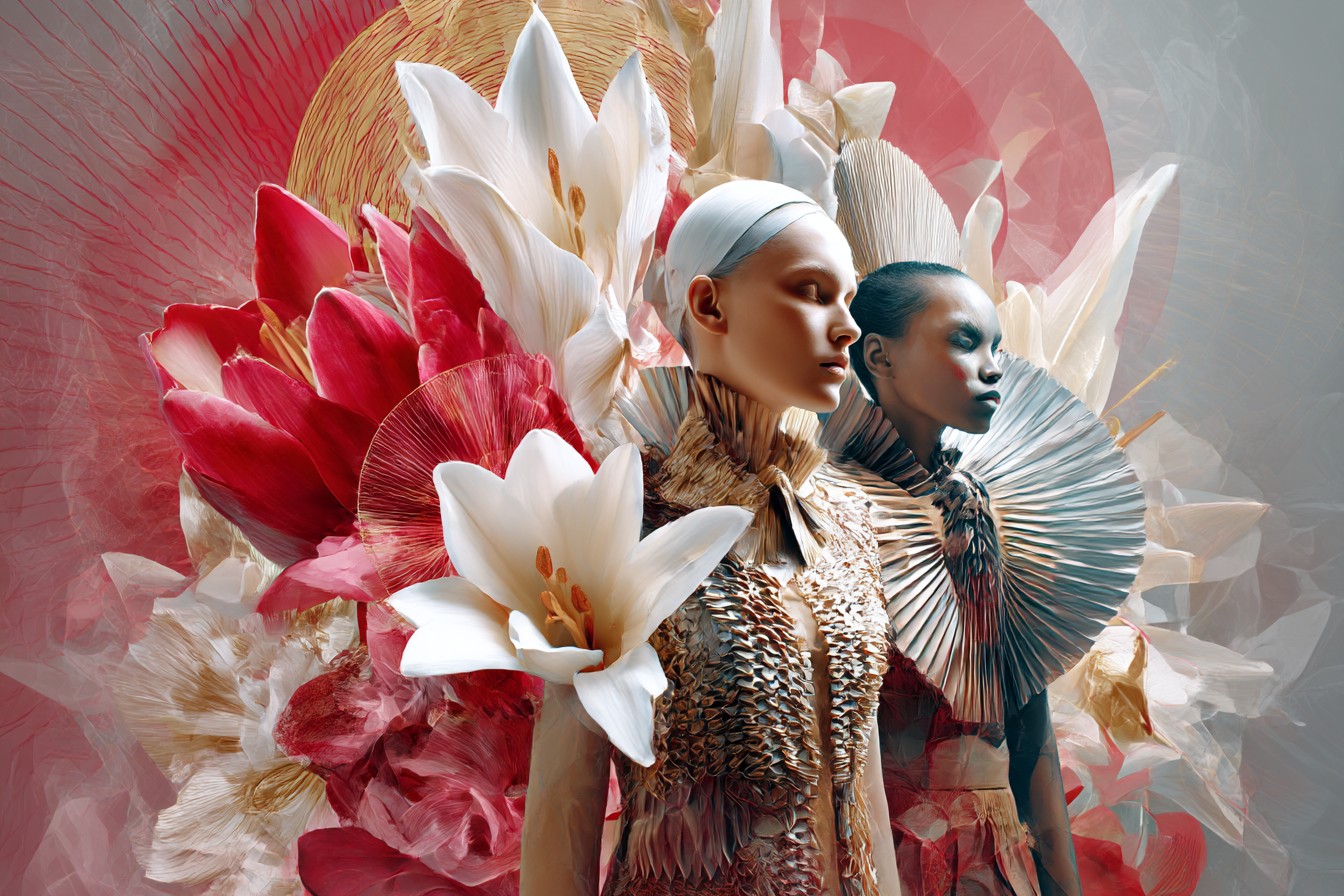
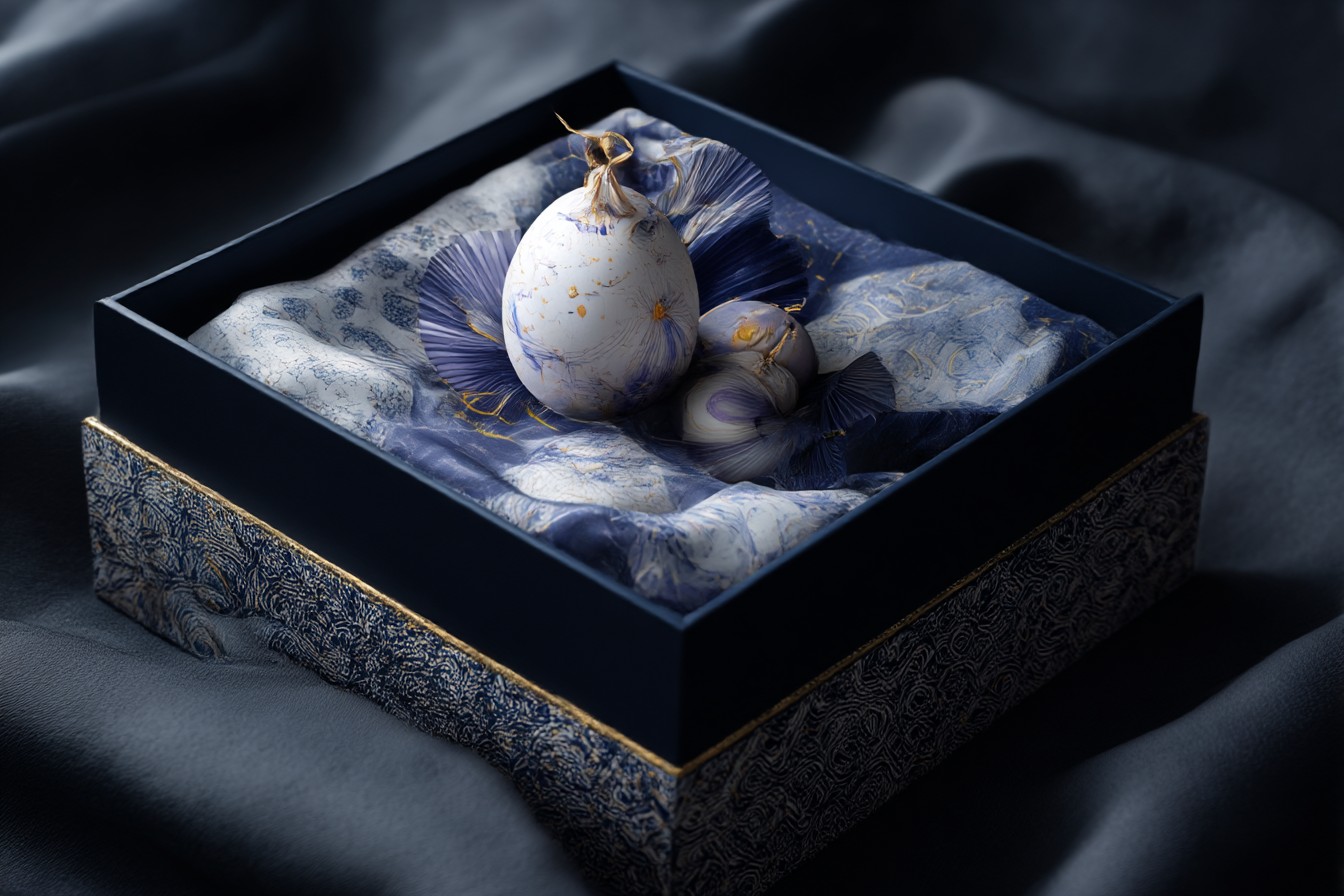
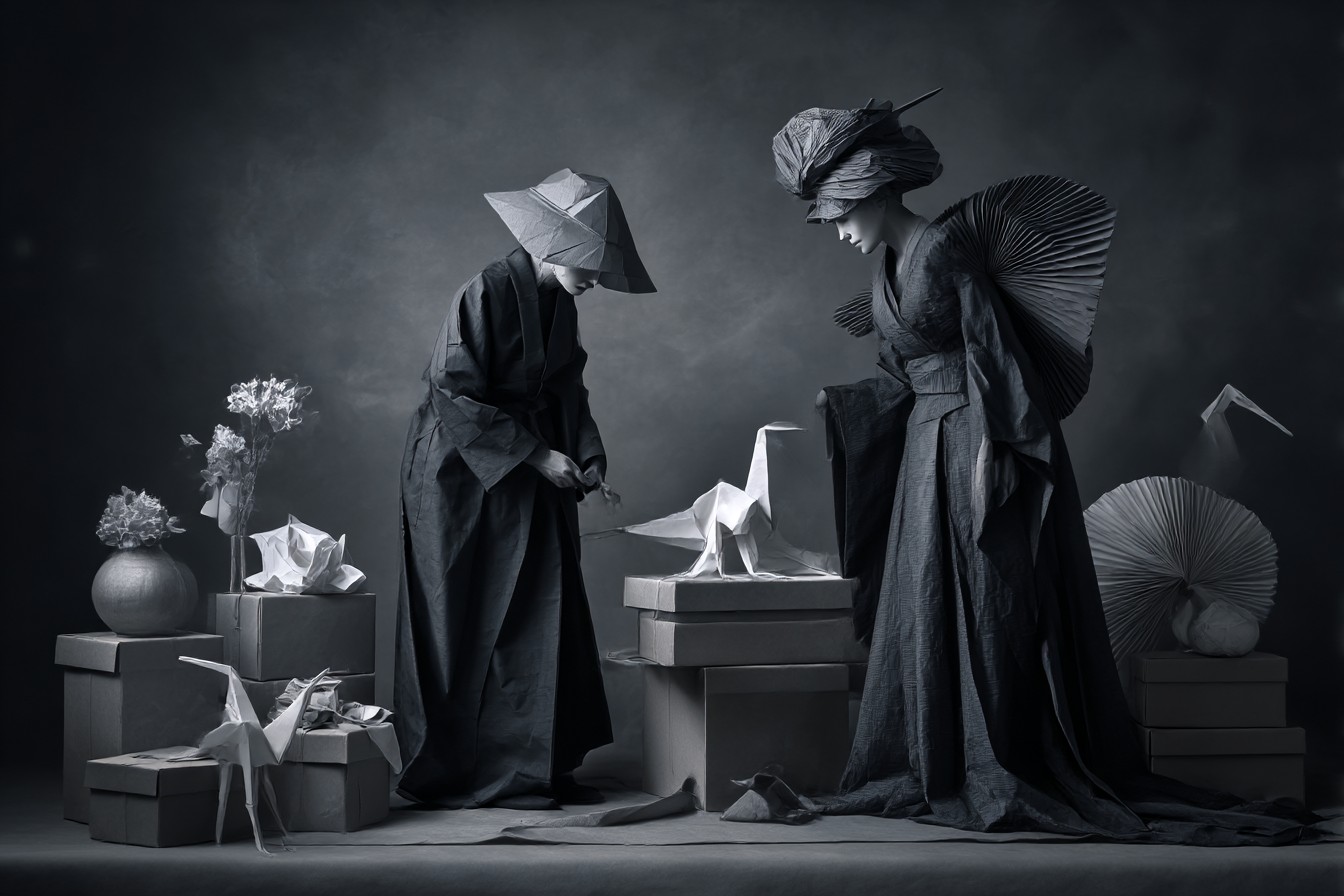
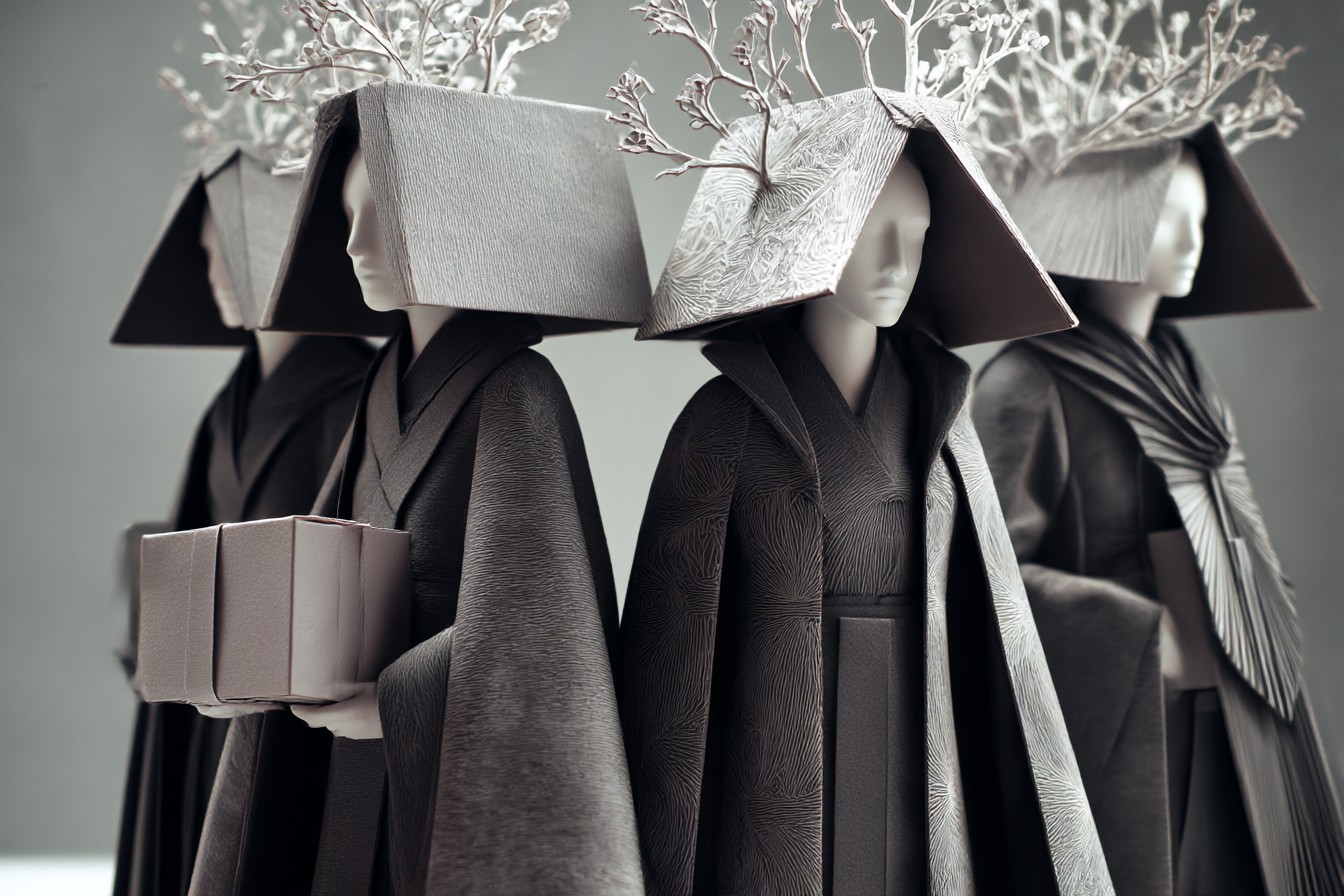
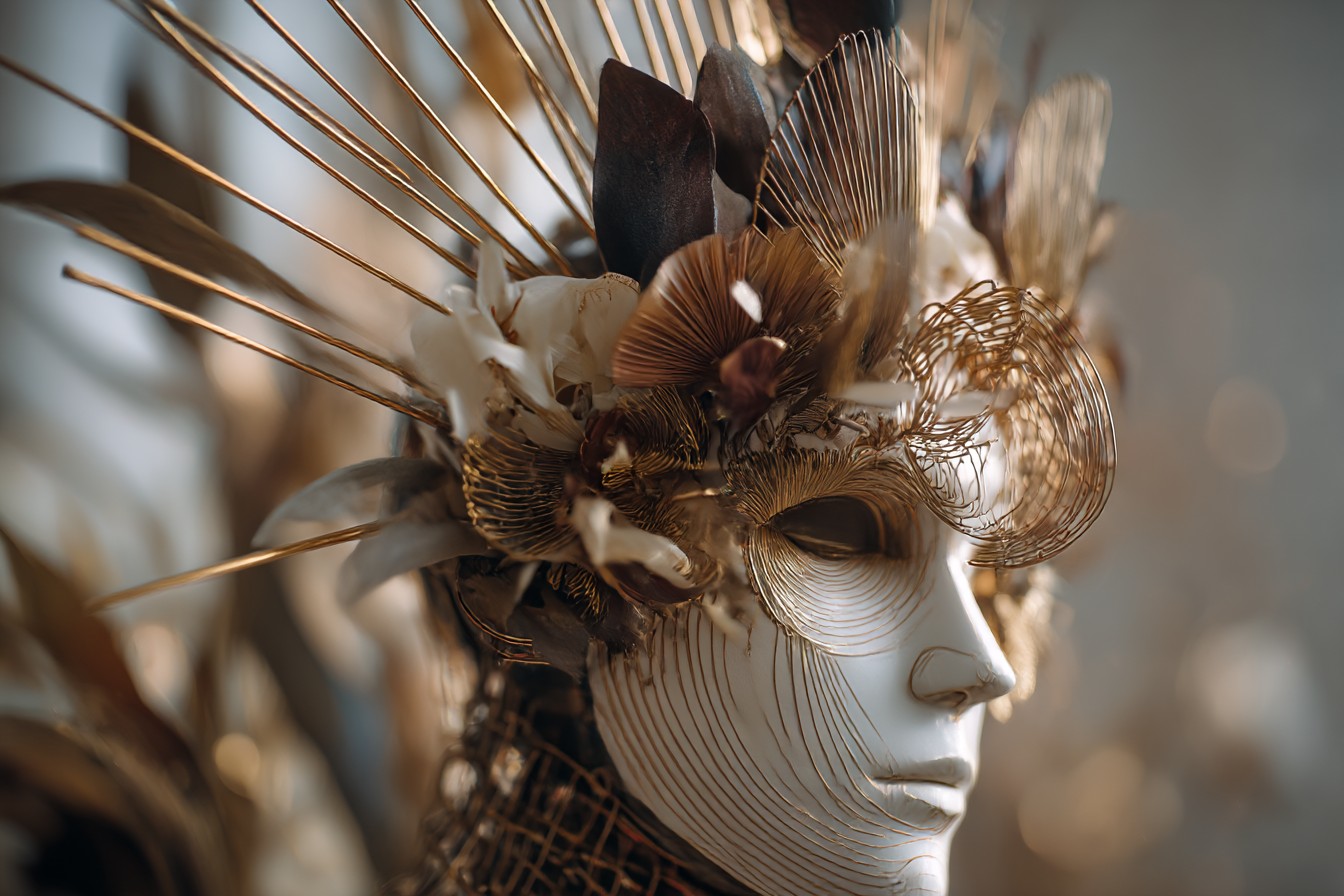


Leave a Reply